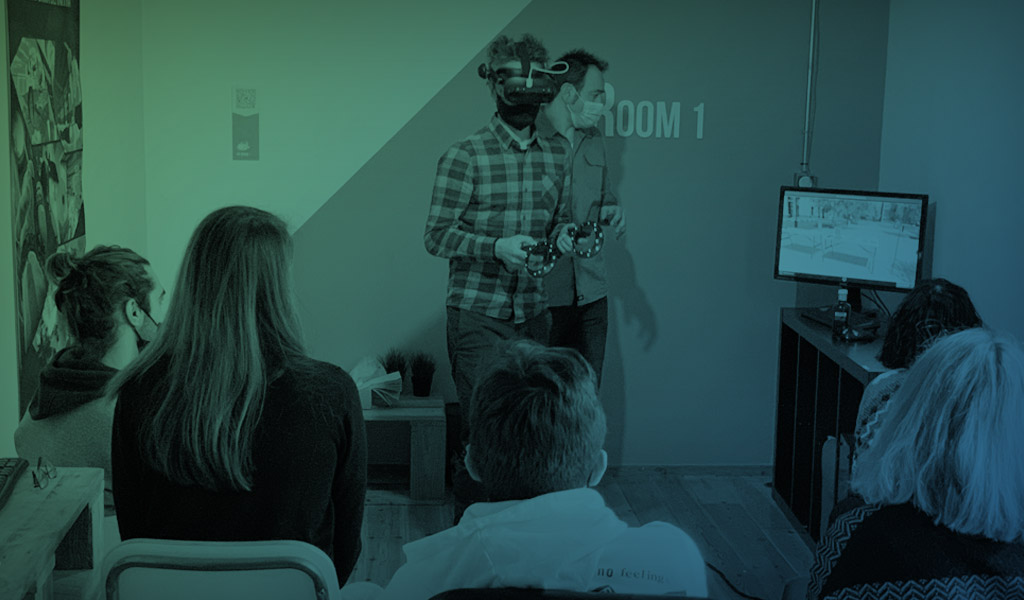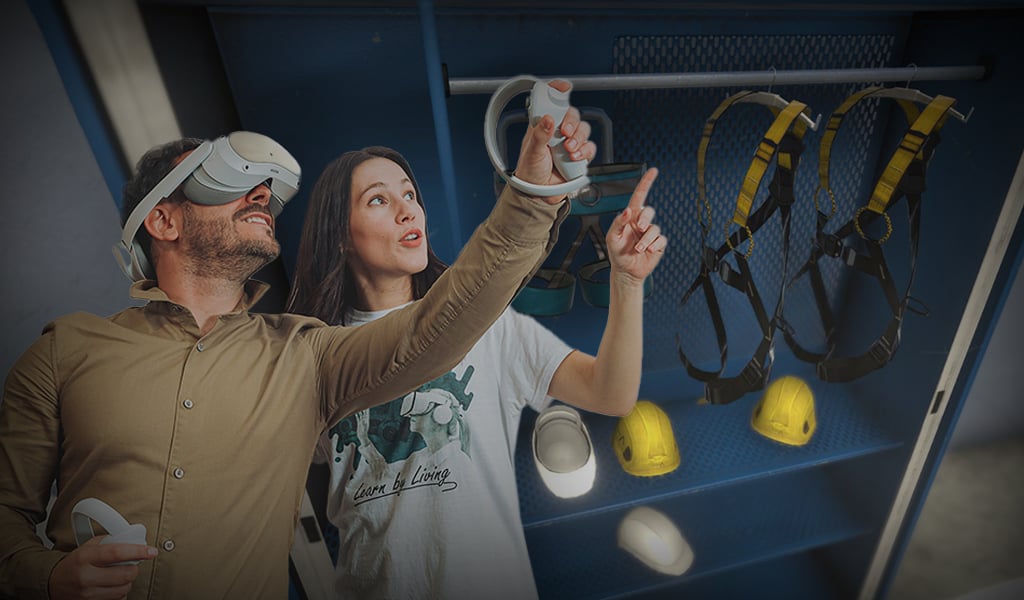The Health and safety training (HSE) is a vital element in companies, as it allows both the protection of employees' health and cost savings. To promote workers' interest and retention, it is important for them to interact and experience while learning, which Ludus calls Learn by Living: provoking sensations to raise awareness in PRL.
The so-called experiential learning aims for students to experience and reflect on the knowledge that is imparted to them. This fosters involvement and proactivity in the learner.
There are numerous theories that support the effectiveness of learning models such as "Learn by Living". A PWC study argues that those who learn with VR are 3.7 times more emotionally connected and learn up to four times faster.
Education is already evolving towards a more practical model adapted to emerging technologies such as virtual reality (VR), which are the present and future of our society.
The Learn by Living model: provoking sensations to raise awareness in PRL
In the field of HSE training, two questions arise: How to introduce a practical component in traditionally theoretical trainings, such as postural ergonomics? How to do it in those that prepare for serious hazards, such as fire extinguishing, fall protection or electrical hazards, without putting workers' health at risk?
New technologies can offer an answer. Tools such as simulations in virtual reality (VR) allow employees to learn about these and many other risks in an immersive and enjoyable way, in a safe environment.
With trainings like those offered by Ludus, workers are placed in a realistic virtual scenario and face dangerous or stressful situations that would be difficult to recreate in real life. This encourages them to experience sensations and effectively internalize the training content.
In addition, these PRL simulations offer the possibility of making mistakes and learning from them, one of the best ways to assimilate new knowledge. Thus, employees can "suffer" virtual accidents or "end up in the hospital", learning from the experience in a "Learn by Living" model.
If, by making a mistake, an employee witnesses the serious consequences of it, it is more difficult for them to make the same mistake in real life. Thus, this technology can help prevent serious accidents such as falls or electrocutions.
One of the most interesting possibilities of simulations is the introduction of external elements that increase the level of stress in the learner. This is useful in trainings such as CPR (cardiopulmonary resuscitation), as it trains the ability to act under pressure.
Ludus' catalog offers access to a wide variety of trainings, which can be accessed by acquiring a license, as with streaming platforms. In addition, new content is continuously being added, at no additional cost to the customer.
Let's use sensations and technology to raise awareness and improve the safety of workers. If you want to take advantage of experiential learning and implement "Learn by Living" in your PRL trainings, or obtain more information about Ludus' products, fill in your details in the following link and we will contact you.


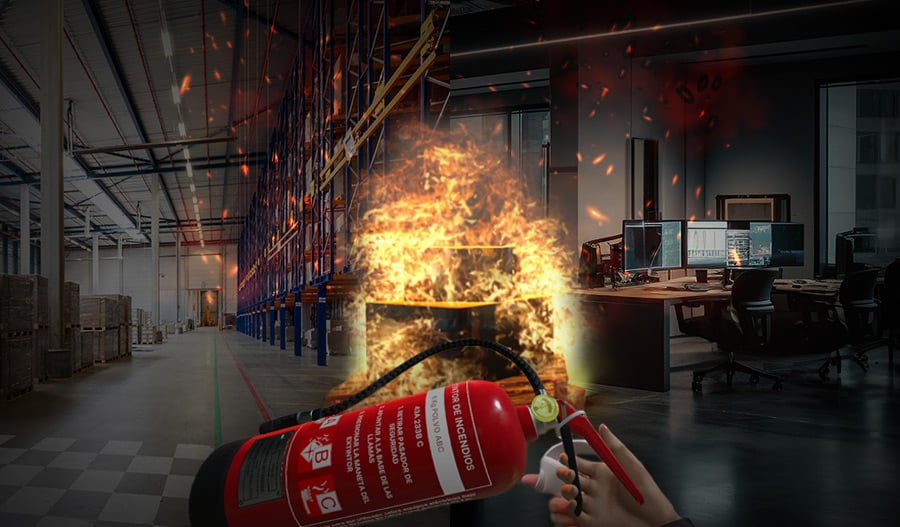
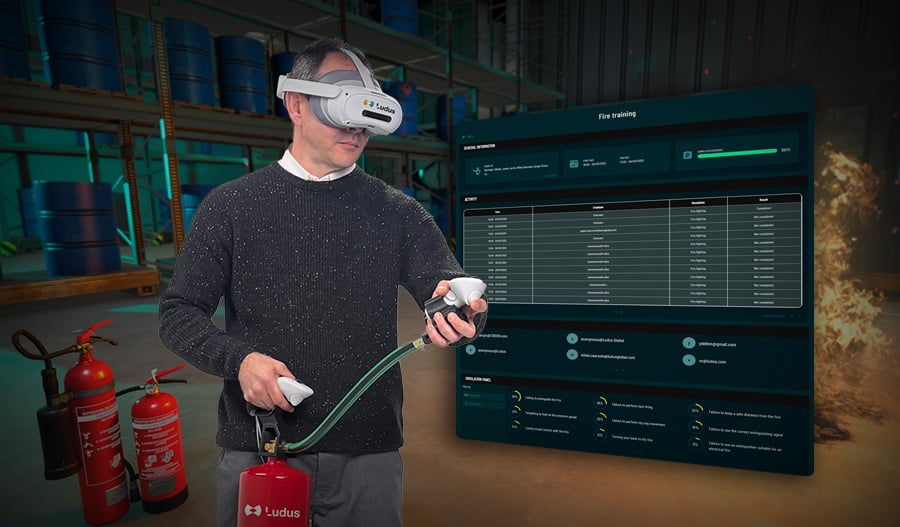
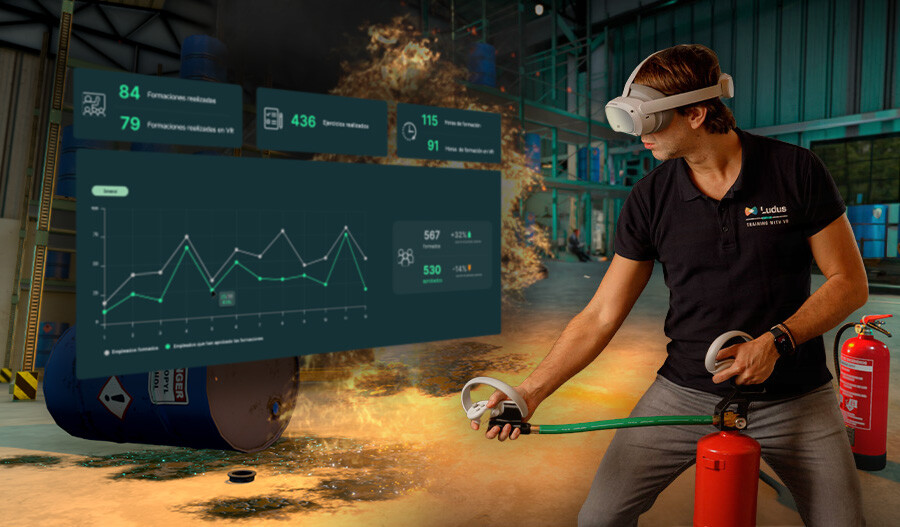
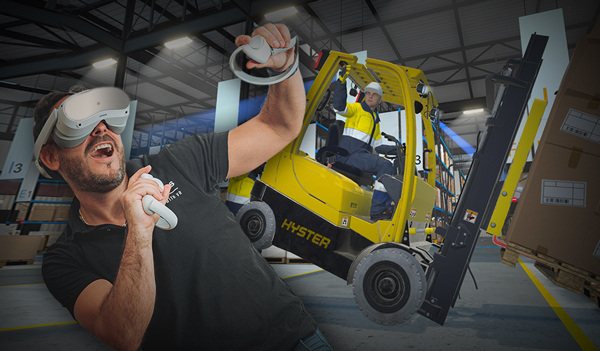
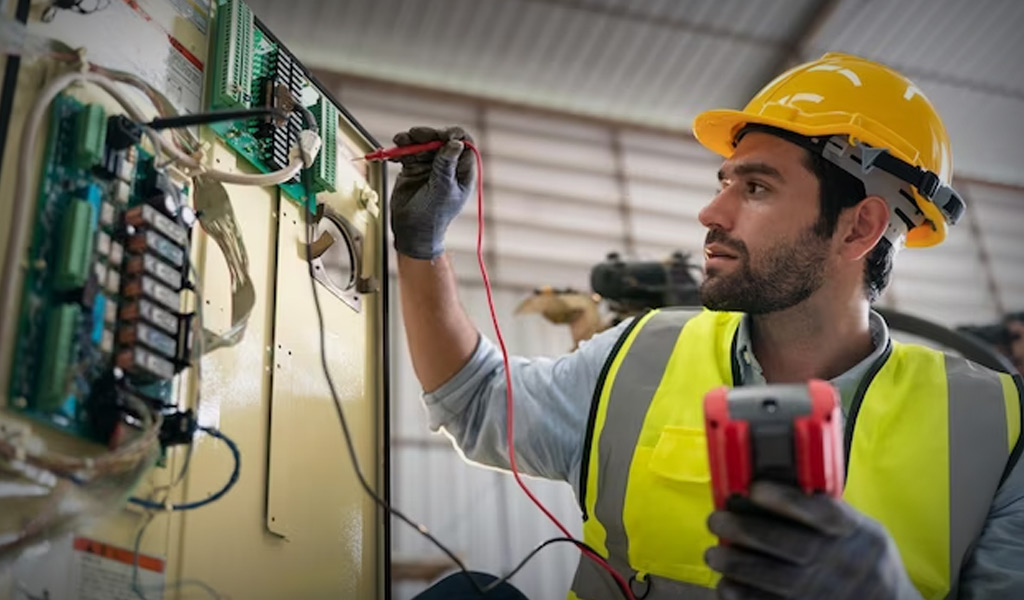
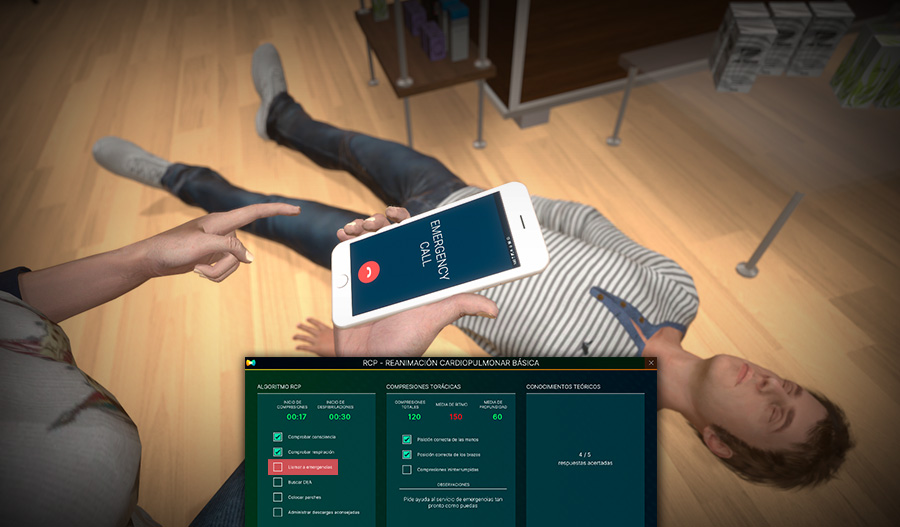
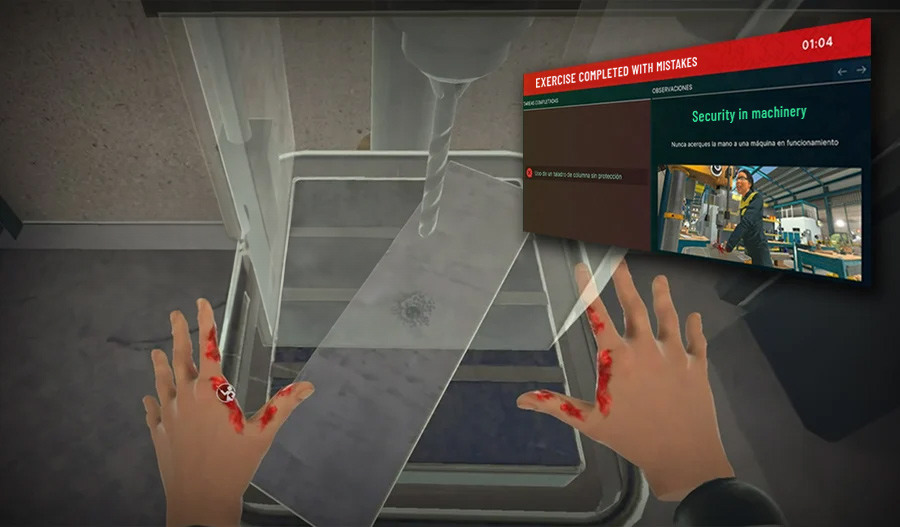

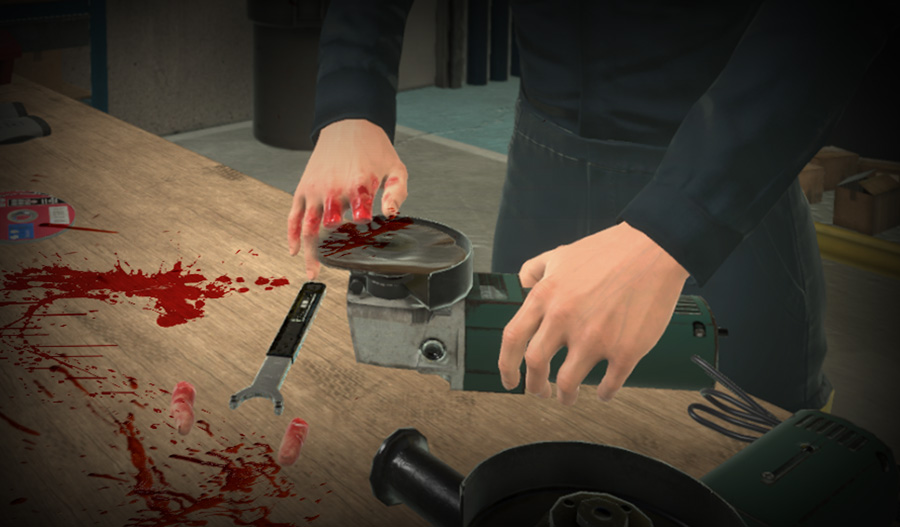
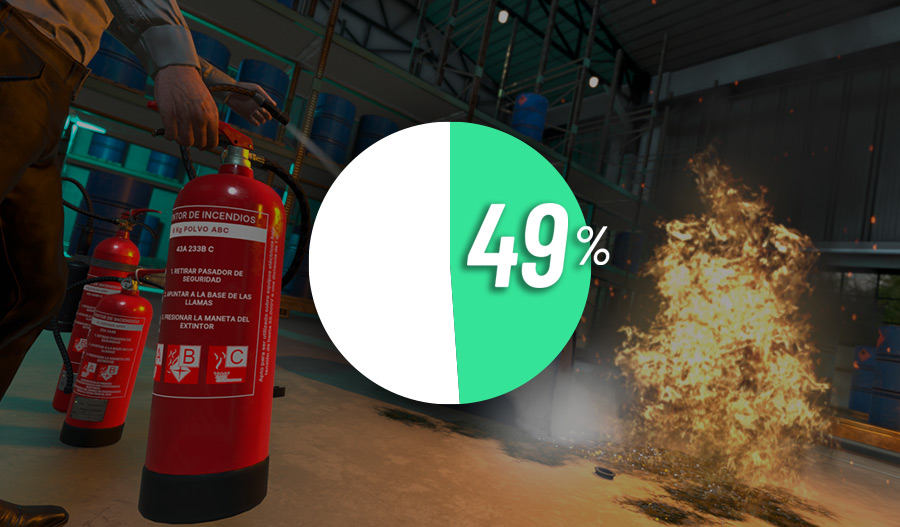
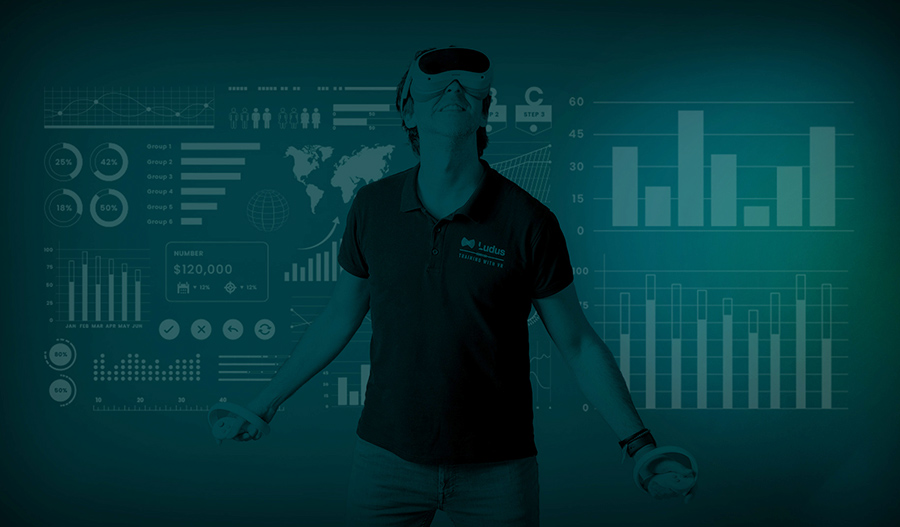
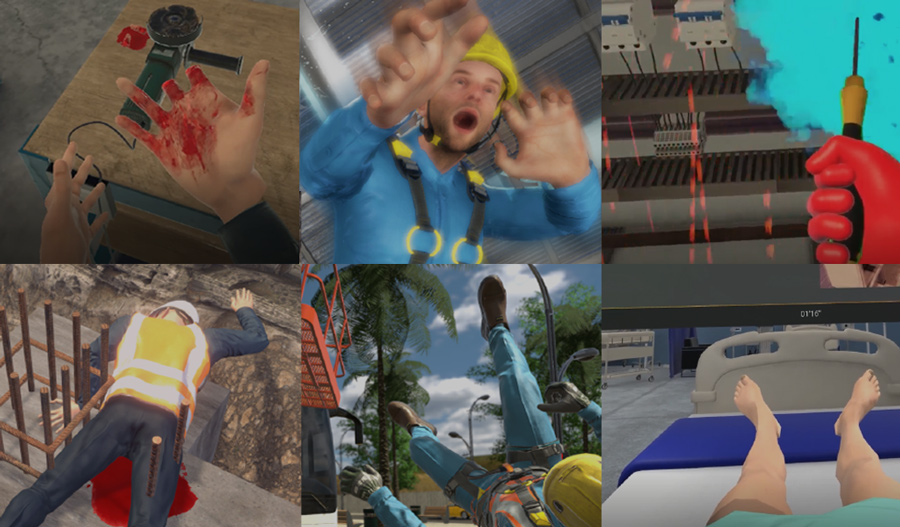
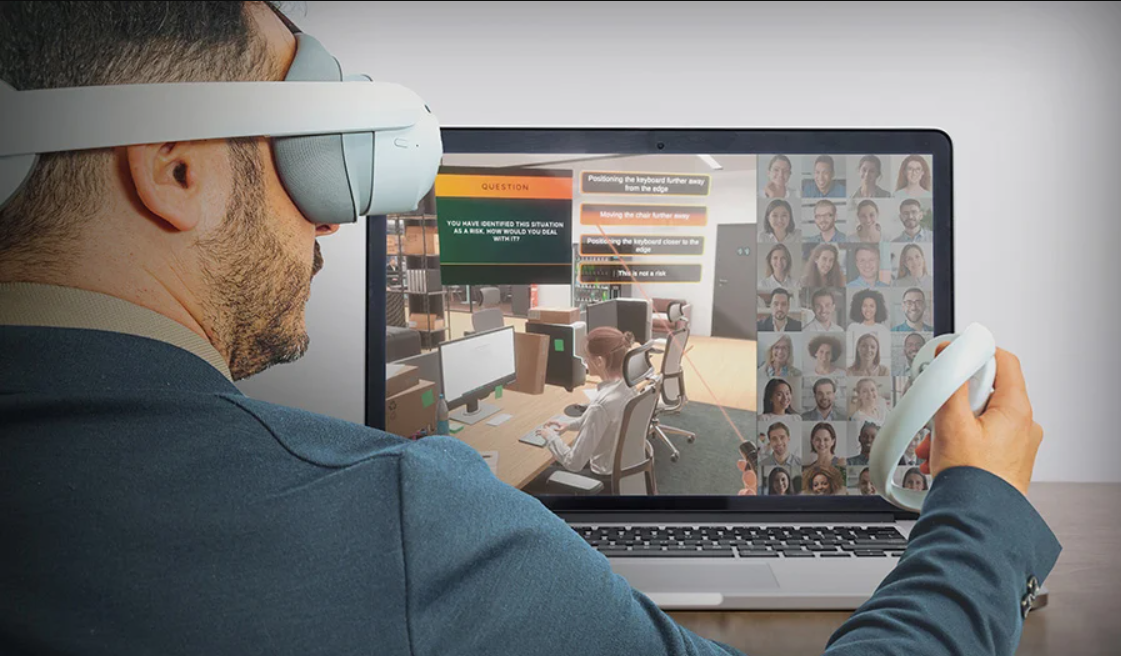
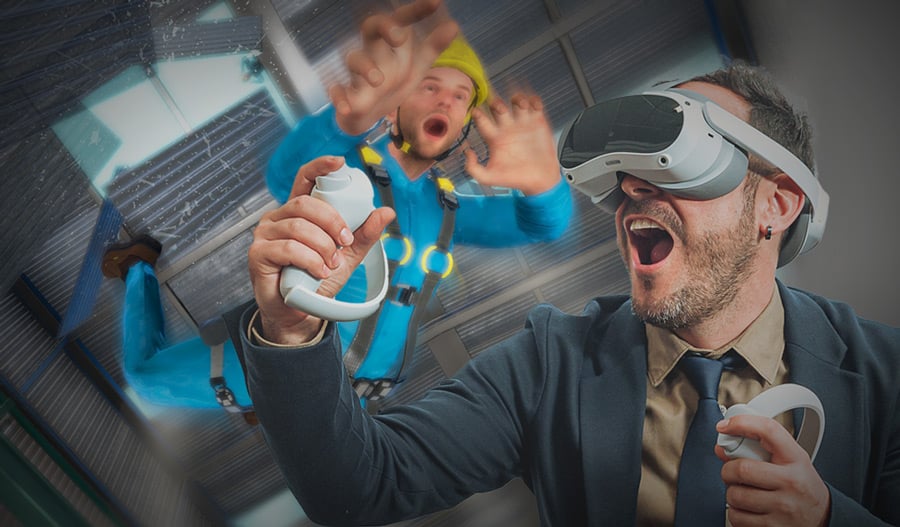
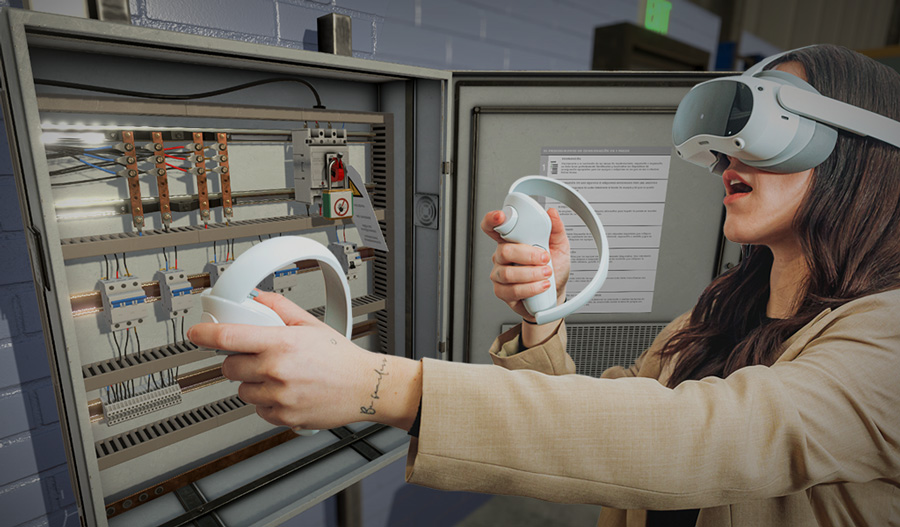
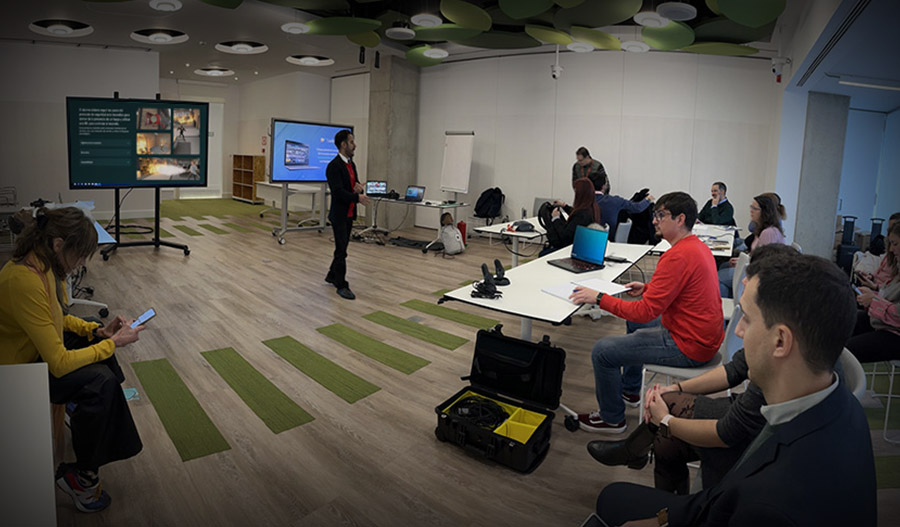
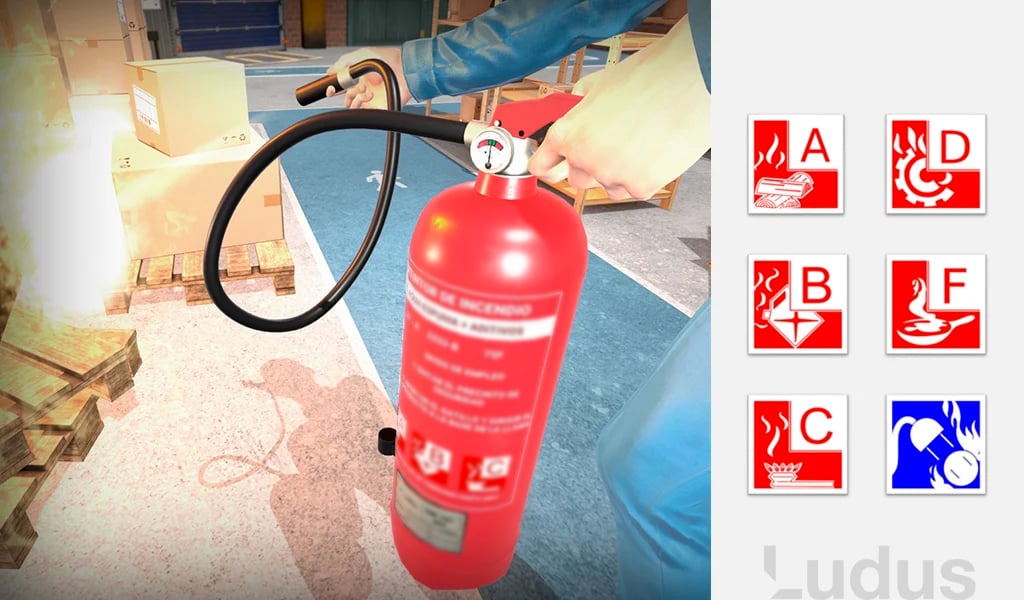
.jpg)
